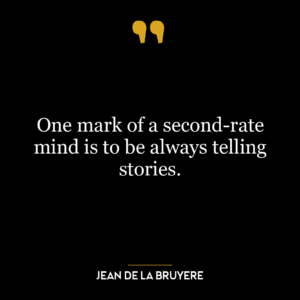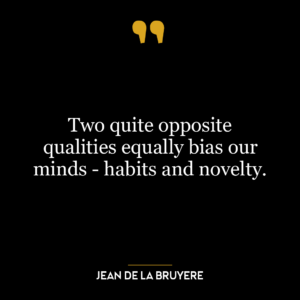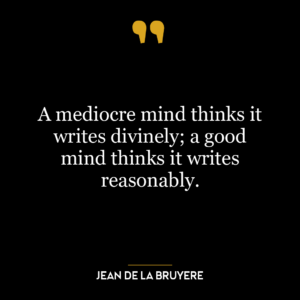“Law is mind without reason” is a profound statement that encapsulates the essence of law and its function in society. It suggests that the law is a system of rules, a manifestation of collective human intellect, designed to govern behavior and maintain order. However, it doesn’t necessarily operate on reason or moral judgment. It’s an objective entity, devoid of personal emotions, biases, or interpretations.
The “mind” in this context represents the collective consciousness and wisdom of society that formulates the law. The “without reason” part implies that the law doesn’t bend to individual perspectives or emotional reasoning. It is impartial, treating everyone equally, irrespective of their personal circumstances or sentiments. The law, in its purest form, is supposed to be devoid of personal or emotional bias, acting as an impersonal mind that makes no exceptions based on personal reasoning.
Applying this idea to today’s world, we can see how laws are often criticized for being too rigid or lacking in empathy. For instance, mandatory sentencing laws do not take into account individual circumstances, reflecting the “mind without reason” concept. Similarly, laws that fail to evolve with societal changes can seem devoid of reason, such as regulations that disproportionately affect certain communities.
In terms of personal development, this quote can be interpreted as a call to cultivate impartiality and fairness. Just as the law operates without personal bias, individuals can strive to make decisions based on principles and objective assessments rather than emotions or personal biases. It encourages us to develop a mindset that values fairness and equality, even when it goes against our personal interests or emotional inclinations.
However, it’s also important to recognize the limitations of this “mind without reason” approach, both in law and personal development. Laws should be fair and impartial, but they should also be flexible enough to adapt to changing societal norms and individual circumstances. Similarly, while it’s important to be objective and fair in our decisions, we should also allow room for empathy and understanding.















